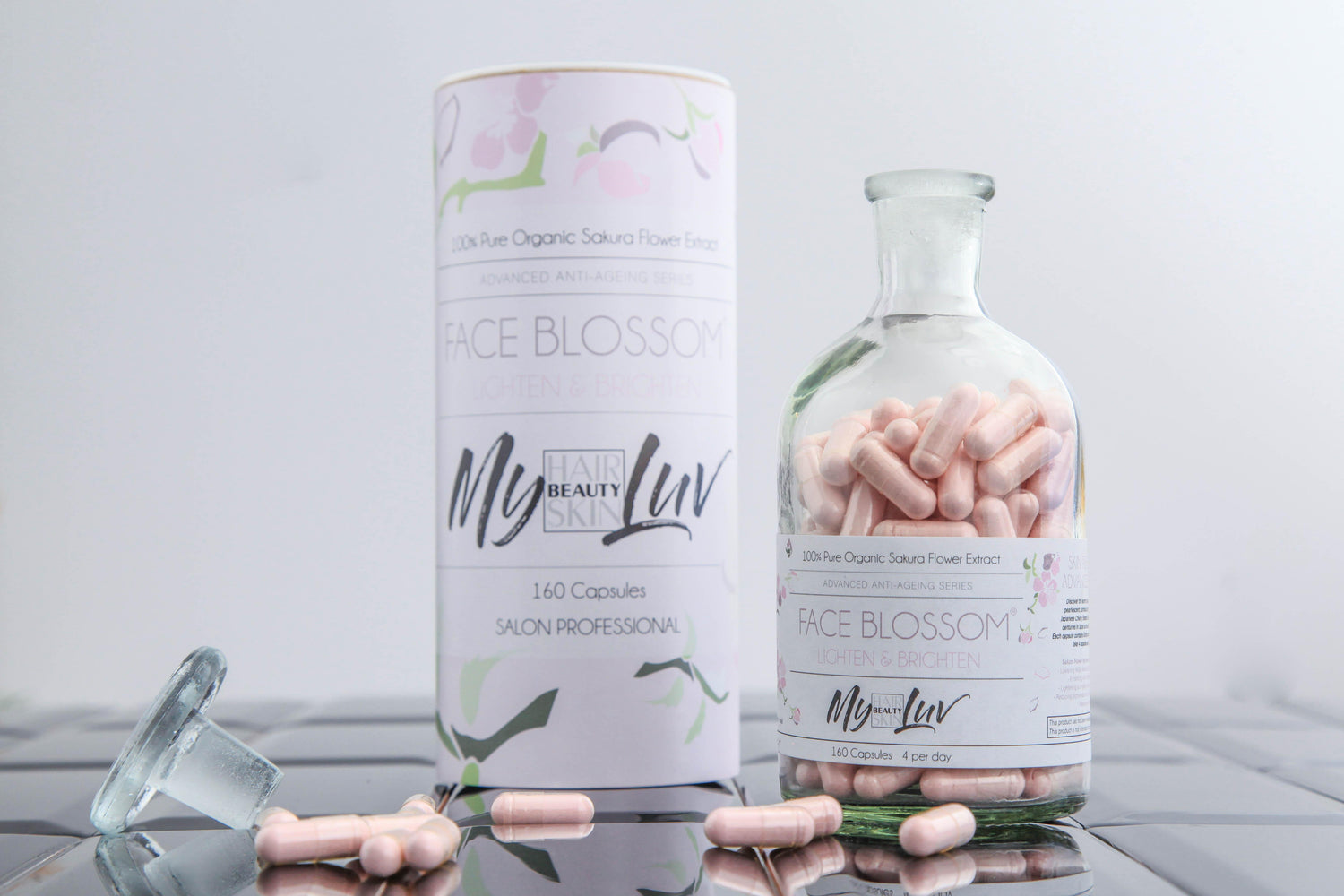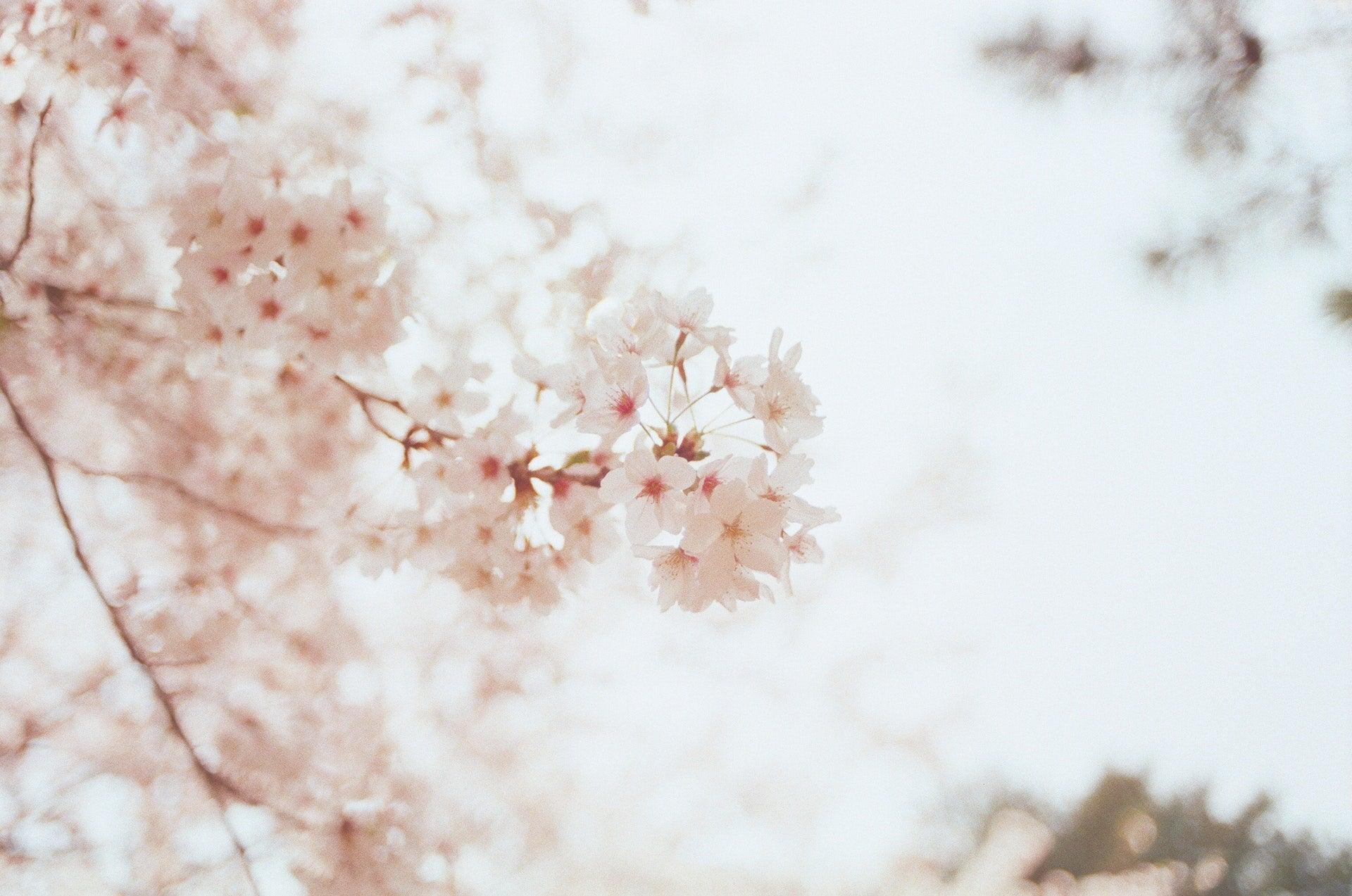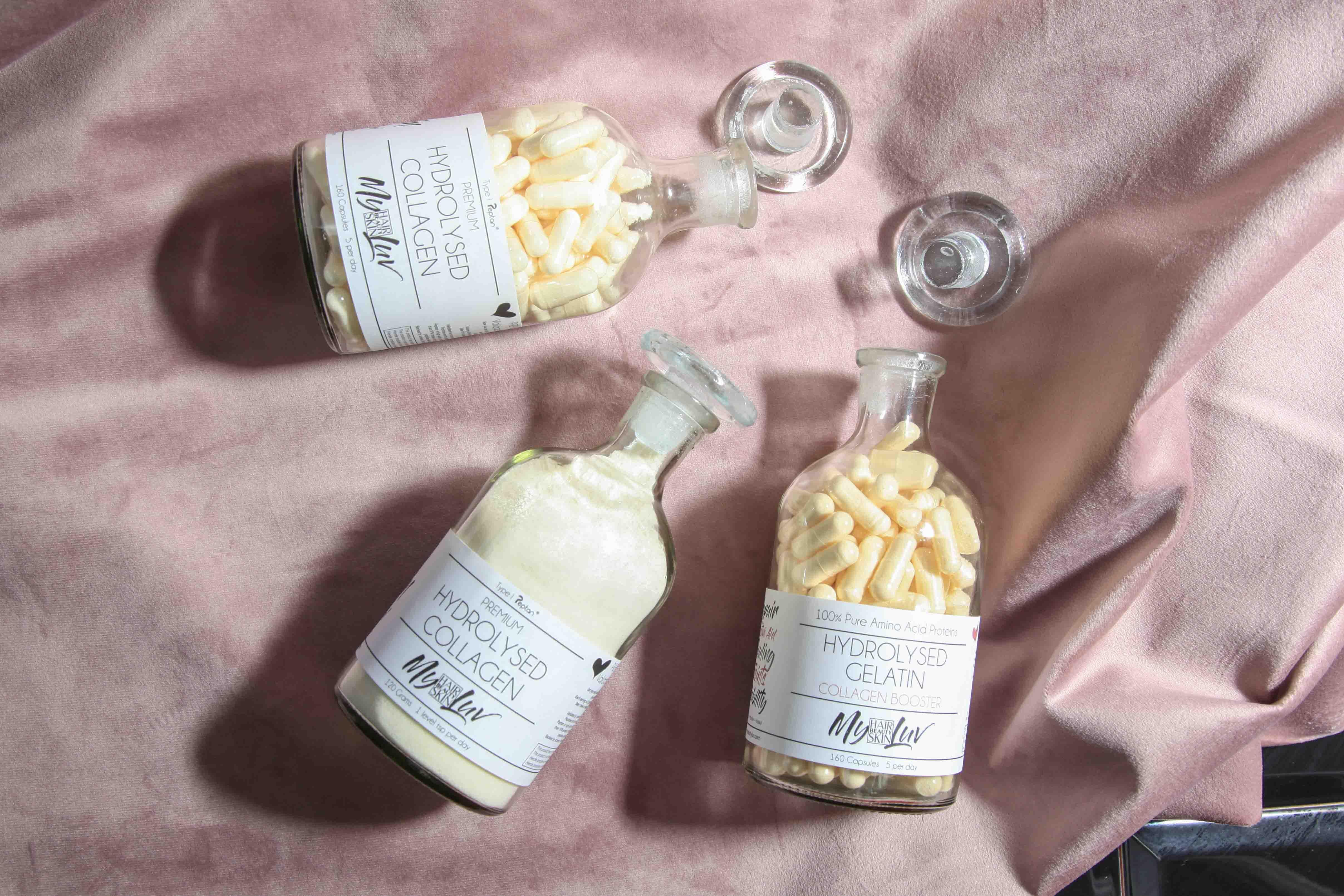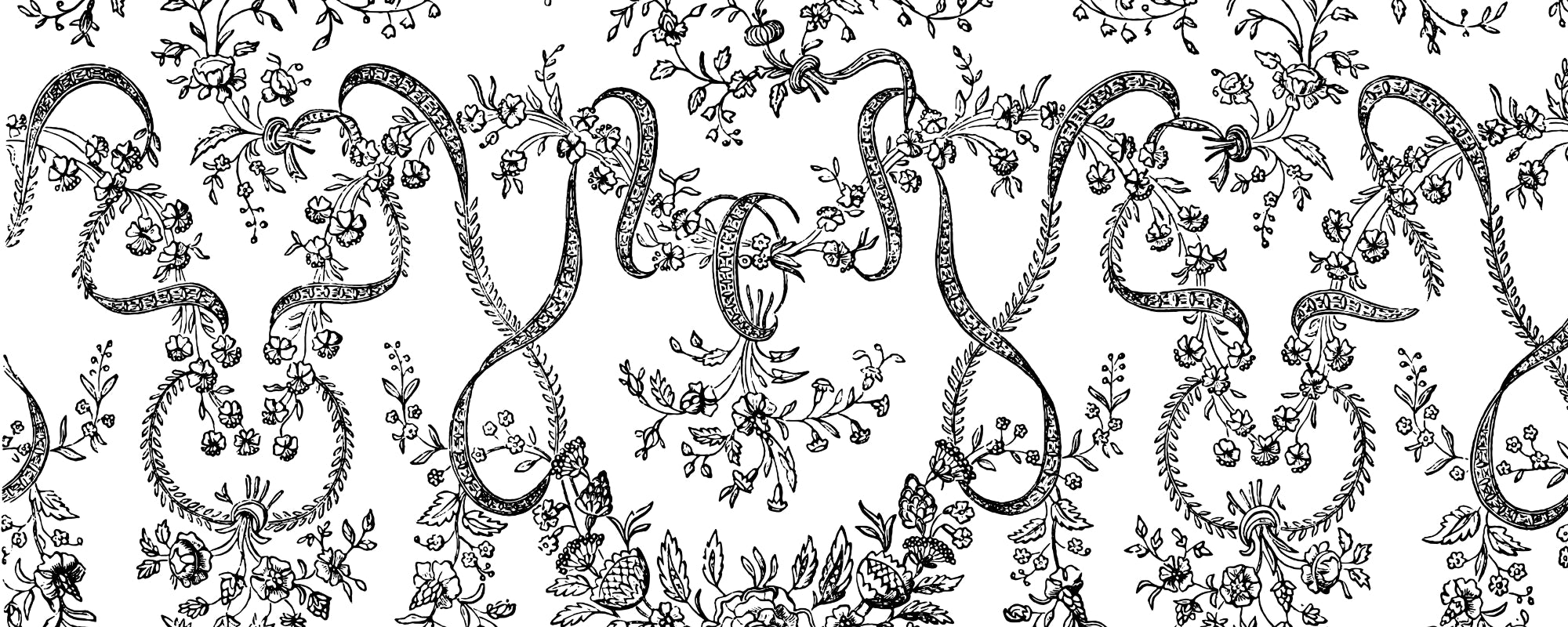Steeped in ancient history and spiritual mysticism, the sacred Japanese Cherry Blossom tree has been a powerful symbol of Japanese culture, beauty and art for over a thousand years. It is said the very first tree was planted as early as 794 to adorn the grounds of the nobility and bring beauty to the land. Throughout ancient and modern times, the blossoming of Sakura heralds a good omen of fortune and new beginnings as the country comes out of the grip of darkness (Winter) and into the light (Spring). The tree comes into blossom for roughly two weeks and this is a period of celebration and festivals throughout the country. The Japanese Cherry Blossom Festival is the most attended tourist attraction in Japan.
Apart from ancient legends of gods, spiritual significance and emotional value, the Sakura Blossom is in fact a powerful beauty tonic and has been used as such in Japan and other Aisan countries for centuries. Ever wondered why Japanese women have pearlescent and flawless skin tones? Sakura is used in all manner of health and beauty applications in the East - from sweet candies, to luxury face creams, to anti-ageing and health supplements. Now you can experience the secret behind their perfect skin tone and quality with My Beauty Luv’s FACE BLOSSOM®. The very first product of its kind in South Africa.

What exactly is Sakura Flower extract?
Under a unique process of extraction the blossoms are processed, freeze-dried and powdered into a fine powder. We use a 10:1 extraction which means it takes 10 blossoms to make 1 unit of measure. This organic, powdered extract is put into capsule form for your skin to literally blossom from the inside out. Apart from centuries of use and anecdotal evidence, the modern-day scientific tests done on Japanese Cherry Blossom extract have shown conclusive evidence of their effect in the fight against skin ageing.
What are the active compounds in Sakura Flower extract?
There are many bioactive compounds found in the blossom petals, with two key major functional compounds having been identified: Caffeoyl Glucose (1-caffeoyl-O-β-D-glucopyranoside) and Quercetin Glucose (quercetin-3-O-β-D-glucopyranoside). All these minor and major compounds have been studied and observed in their role against certain critical age markers in the skin.
Caffeoyl Glucose (1-caffeoyl-O-β-D-glucopyranoside)
A cinnamate ester plant metabolite produced during a metabolic reaction in plants (the kingdom that include flowering plants, conifers and other gymnosperms). This compound is found in many other powerful anti-ageing, medicinal and healing plants and flowers such as Rose, Carnation, Asparagus, Beetroot, Bell and Chilli Peppers, Citrus Fruits, Tomatoes, Strawberries, Soybeans, Flaxseed (Linseed), Cassava, Spinach & Grapes.
Quercetin Glucose (quercetin-3-O-β-D-glucopyranoside)
Quercetin is a well-known and studied plant flavonoid found in many edible plants, fruit and vegetables. Quercetin has been shown to have a vast impact on human health including combating free radical damage, lowering blood pressure, boosting immunity, fighting inflammation and even improving exercise performance. Quercetin is a superior antioxidant and is used as a chemical compound in many health supplements around the world.
Health and longevity benefits of Sakura Flower Extract
Traditionally used as a beauty product, it does well to note that this beautiful flower is also packed with many health and longevity benefits. Whether applied topically or taken as an oral supplement, Japanese Cherry Blossom has various properties well suited to overall health and wellbeing. These include:
- High in antioxidant value Anti-inflammatory properties
- Contains fatty acids essential to many human biological processes
- Repairs damaged skin
- High in catechins which help to boost metabolism

How does Sakura Flower extract help with anti-aging of the skin?
The Japanese Cherry Blossom tree is classified as part of the rosaceae (rose) family. It’s no wonder the beauty factor goes way beyond the sensory appeal. All over the world, Roses have been revered for their incredible beautifying properties and so too, Sakura flowers have been a sacred and integral part of Japanese women’s daily skincare rituals.Scientific studies have been focused on certain key anti-ageing markers in skin health:
Inhibition of AGEs production (anti-glycation)
Poor diet and lifestyle can lead to the formation of troublesome AGEs (Advanced Glycation End Products). This reaction takes place within the human body when sugar binds to proteins, such as collagen and elastin. Over time this compounded effect leads to the formation of AGEs and has been scientifically shown to contribute to the progression of age-related diseases including diabetes. This plays havoc on our skin as the glycation of collagen and elastin causes an accumulation of AGEs resulting in intracellular damage and apoptosis (cell death). Studies have shown that both minor and major bioactive compounds found in Sakura extract display a strong inhibitory effect on AGEs production.
Inhibition of fibroblasts apoptosis
Accumulation of AGEs in the skin cells trigger skin damage and apoptosis of fibroblasts. The effect of Sakura extract and its bioactive compounds were shown to inhibit fibroblasts apoptosis therefore showing potential as a beneficial anti-ageing agent.
Promotion of collagen lattice formation in fibroblasts
Studies have shown that the growth of fibroblasts and the formation of the collagen lattice were both enhanced in the presence of Sakura extract. It is therefore suggested that Sakura extract may prevent glycation of fibroblasts and to be effective in maintaining the extracellular collagen matrix.
Inhibition of AGEs production in fibroblasts
Studies have shown that Sakura extract significantly inhibited the production of AGEs in human fibroblasts with results showing the compound caffeoyl glucose as playing a major role in the inhibitory effect.
Inhibition of melanin formation in B16 melanoma cells
The skin whitening (lightening) effect of Sakura extract was examined in B16 melanoma cells and demonstrated an inhibition of melanin formation in a dose dependent manner - similar to the potency of ascorbic acid glucoside (vitamin C).
Inhibition of tyrosinase activity
Tyrosinase (an enzyme occurring in many organisms that is a catalyst in the conversion of tyrosine to the pigment melanin; inactivity of this enzyme results in albinism) activity in skin cells is directly involved in melanogenesis (the production of melanin). Sakura extract showed an inhibitory effect on tyrosinase activity in a dose dependent manner, suggesting its skin whitening (lightening) effect.
Collagen production and matrix formation
Sakura extract added to normal human diploid fibroblasts showed an increase in type 1 collagen formation (excreted and cellular). It is therefore suggested that Sakura extract enhances type 1 collagen production.
Clinical Trial evidence
A randomized double blind placebo controlled clinical study of Sakura extract containing twenty Japanese female participants aged 30 to 60 years old with skin conditions were selected as subjects. The results exhibited (1) a reduction in skin AGEs, (2) suppression of skin elasticity reduction, (3) reduction of pigmentation and reddish areas, (4) suppression of increase in noticeable pores, (5) suppression of dry skin and (6) improvement in skin smoothness.
Now you can experience this exclusive extract with My Beauty Luv’s FACE BLOSSOM® - the first ever 100% pure organic Sakura Extract beauty supplement in South Africa.





